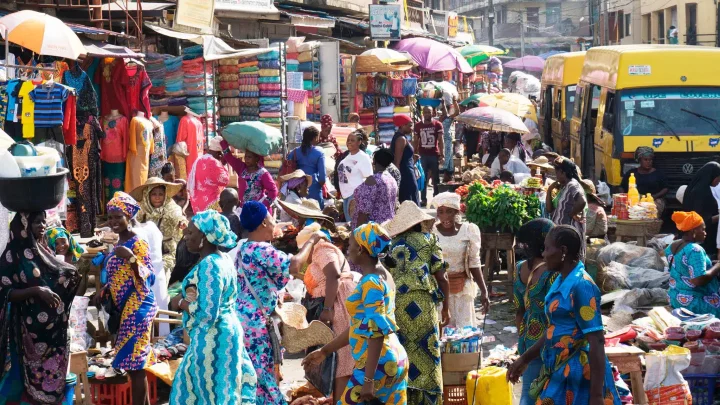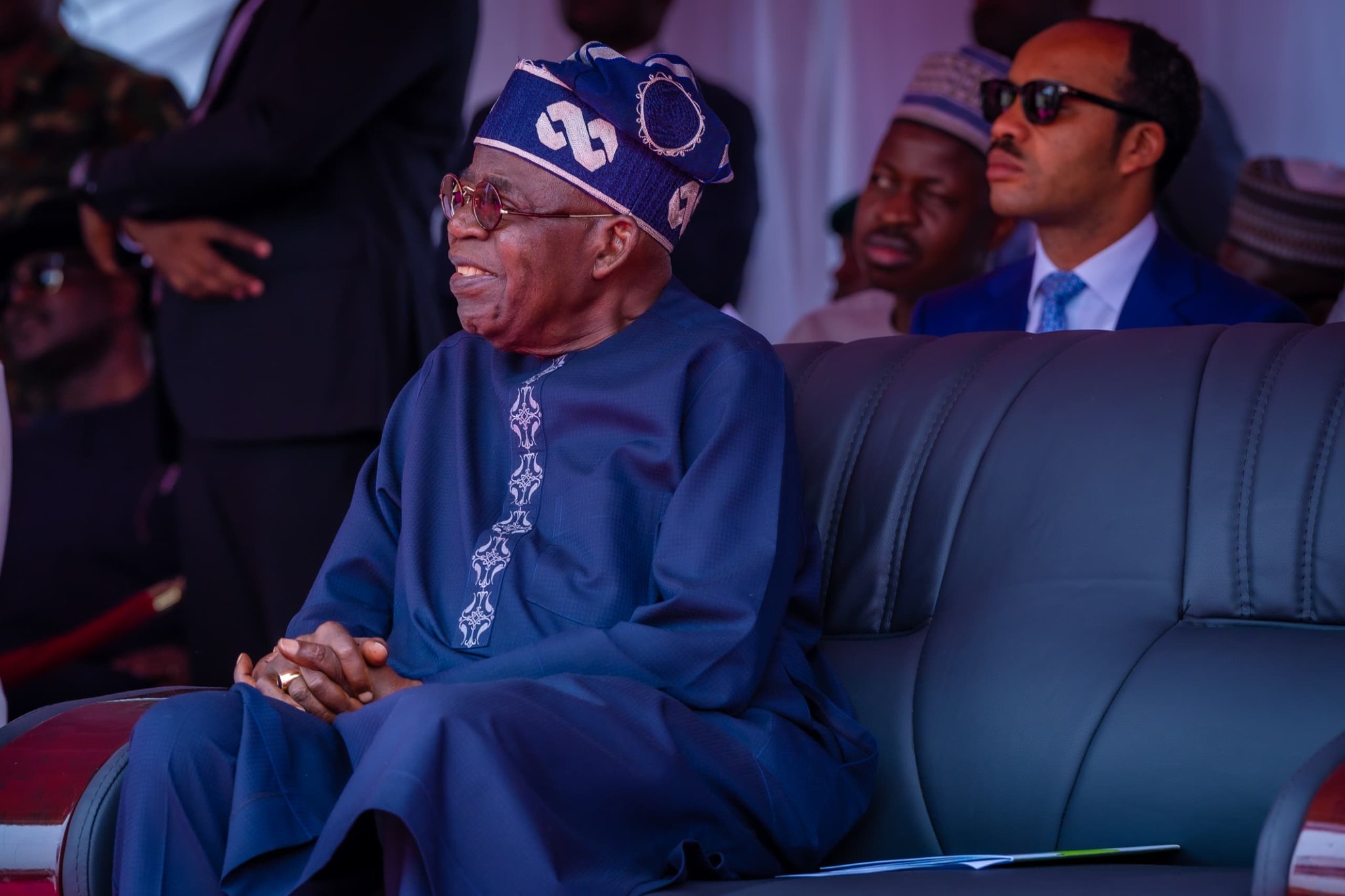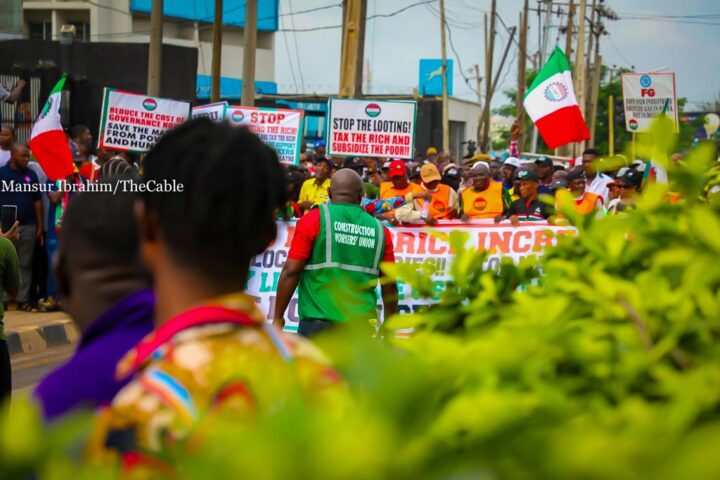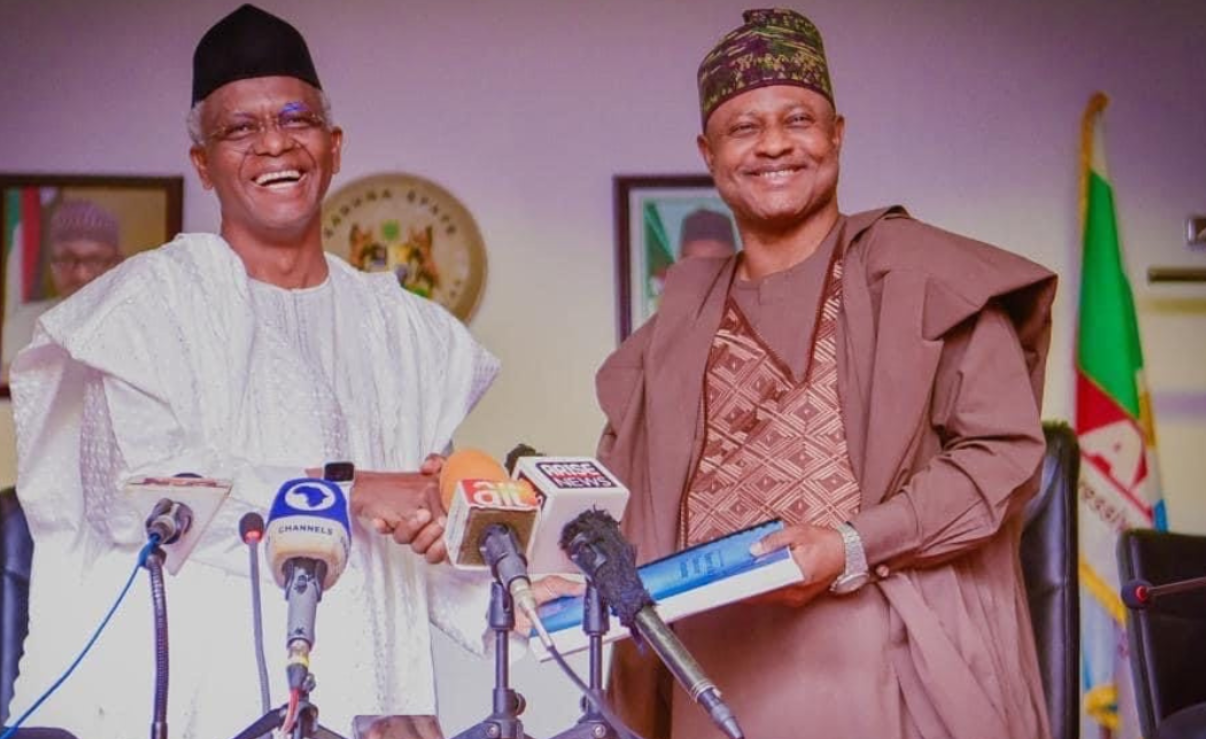BY KENECHUKWU AGUOLU
Nigeria, once hailed for its immense potential and bright economic outlook, now finds itself ensnared in a complex and vicious cycle of challenges. The nation has long surpassed the stage of strategic drift, plunging into a state of perpetual flux.
Years of ambitious plans such as ‘Vision 2010’ and ‘Vision 2020’ have yielded minimal progress, leaving behind a trail of unfulfilled promises and dashed hopes. Unlike a company facing bankruptcy, Nigeria cannot simply be taken over or undergo liquidation. Instead, the solution lies within, requiring a concerted effort to break free from the shackles of poor governance, systemic inefficiencies, and entrenched socio-economic woes.
The core issue in Nigeria is not a lack of planning, but rather a chronic problem of poor implementation. Despite numerous plans for progress over the years, the transformation of these ambitious visions into tangible realities has been difficult to achieve. As a result, the nation is facing high unemployment rates, widespread insecurity, insufficient infrastructure, declining revenue streams, and an ever-increasing debt burden. The average Nigerian is in a dire situation, with many struggling to make ends meet while dealing with the looming spectre of insecurity in their daily lives.
The challenges facing Nigeria are multifaceted and deeply interconnected. The high level of unemployment and poor salaries serve as fertile ground for social unrest and criminal activities, exacerbating the pervasive insecurity that plagues the nation. This insecurity, in turn, disrupts key sectors such as agriculture, oil production, and mining, stifling economic growth and deterring much-needed investment.
Advertisement
The resulting financial strain further hampers efforts to invest in critical infrastructure, perpetuating the cycle of underdevelopment and economic stagnation. Also, Nigeria’s staggering debt burden serves as a millstone around the nation’s neck, constraining its ability to invest in essential services and infrastructure.
In addition to the ongoing reforms of the government, addressing Nigeria’s crippling debt burden through debt relief, whether through restructuring or forgiveness, is imperative to free up vital resources for much-needed investments in critical areas such as infrastructure, security, education, and social welfare. This strategic move is essential for revitalising Nigeria’s economy and accelerating its recovery from the entrenched challenges that have hindered its progress for far too long.
By alleviating the burden of debt servicing, Nigeria can redirect precious funds towards essential sectors, laying the foundation for sustainable growth and development. However, the challenges facing Nigeria extend beyond mere financial constraints. At the core of Nigeria’s woes lies a crisis of leadership and governance.
Advertisement
Over the years, leaders have failed to deliver on their promises, and accountability has been sorely lacking. Strengthening institutions, promoting transparency, and holding leaders accountable for their actions are essential steps toward restoring public trust and ensuring effective governance. Good leadership is not merely about holding office; it requires a commitment to the welfare of the people, a sense of patriotism, and a visionary outlook that can steer the nation toward a brighter future.
Dealing with Nigeria’s security challenges requires a comprehensive and multi-faceted approach. While increasing the number of security personnel and investing in their equipment is important, it’s equally crucial to address the root causes of insecurity.
Improving living standards, expanding access to education and healthcare, and promoting inclusive economic growth are essential components of a long-term security strategy aimed at addressing the underlying socio-economic grievances fuelling insecurity. By addressing these fundamental issues, Nigeria can create a more stable and secure environment for its citizens, fostering social cohesion and sustainable development for the benefit of all.
In conclusion, Nigeria stands at a critical juncture in its history, facing a myriad of interconnected challenges that demand urgent attention and decisive action. Breaking free from the vicious cycle of economic stagnation and insecurity requires a strategic approach and collective effort from all segments of society. The time for action is now. Let us rise to the occasion, unite behind a common vision for progress, and work tirelessly to build a brighter future for Nigeria and its people.
Advertisement
Aguolu, a business analyst and chartered Accountant, writes from Abuja
Views expressed by contributors are strictly personal and not of TheCable.
Add a comment






